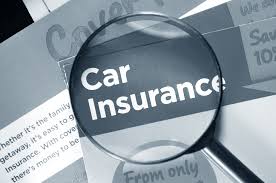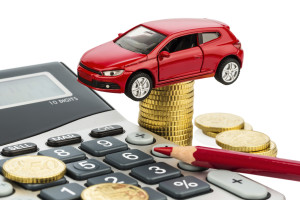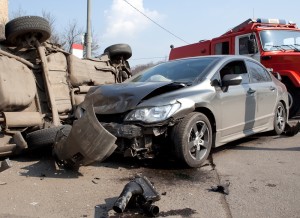Car Insurance is a must for Car Owners
It is necessary for every person who owns a car to buy auto insurance. When selecting an auto insurance plan is important to find a plan that fits your needs and does not cost you more money than it should. You should take the time to educate yourself about the different types of auto insurance that are available. The following article is a great way to start. 
One way to save money on your auto insurance is to buy your policy over the internet. Purchasing your policy online incurs fewer costs for the insurance company and many companies will then pass on those savings to the consumer. Buying auto insurance online can save you about five to ten percent annually.
Most people today are purchasing their auto insurance via the Internet, but you should remember not to be sucked in by a good-looking website. Having the best website in the business does not mean a company has the best insurance in the business. Compare the black and white, the details. Do not be fooled by fancy design features and bright colors.
Once you have a teenage driver in your house, your insurance premiums will go up. To save money, buy a less expensive and safer car for your teen to drive. Don’t give in if they beg you for a fancier, sportier car. The safer the car, the cheaper the insurance.
Remove towing from your car insurance. Removing towing will save money. Proper maintenance of your car and common sense may ensure that you will not need to be towed. Accidents do happen, but they are rare. It usually comes out a little cheaper in the end to pay out of pocket. 
If the amount of your premium on your auto insurance seems to high, make sure to question it. If you don’t, you could end up paying an incorrect amount. Call the insurance company and ask them why your rates are the way they are. Remember, tickets and accidents can also raise premium rates.
Take a close look at your auto policy and take off any “extras” that you won’t use. For example, you might have emergency roadside assistance included in your plan. If you don’t think you are going to use this, drop it in order to decrease the amount you are spending on your insurance. Your agent can help you figure out what else might apply.
Your insurance premiums are based on your demographic information. This means that certain categories of people will pay more than others. If you find your insurance too high, perhaps someone else can insure it in their name for you. This is not illegal if this is a shared vehicle.
As was stated in the beginning of this article, before buying auto insurance you should take the necessary time to educate yourself on the different types of auto insurance available to you. If you know the type of coverage you need and the amount of money you can afford to spend, then finding the right auto insurance is not so difficult. Apply the advice from this article and you should be able to get yourself quality auto insurance at a fair price.

